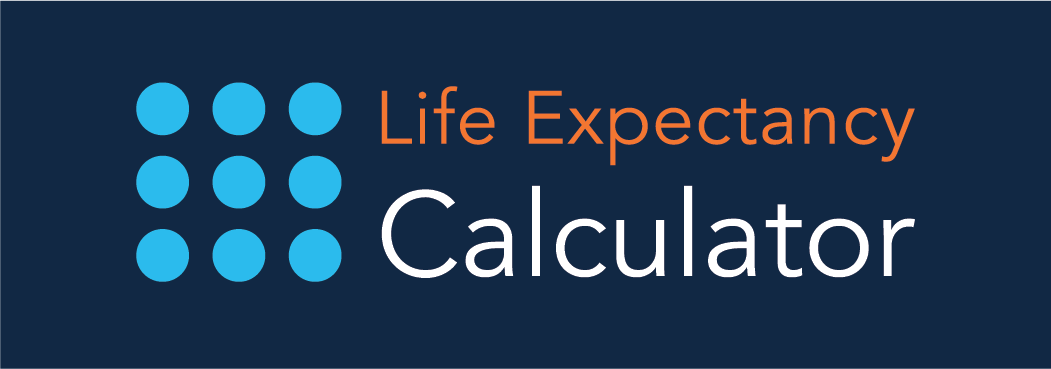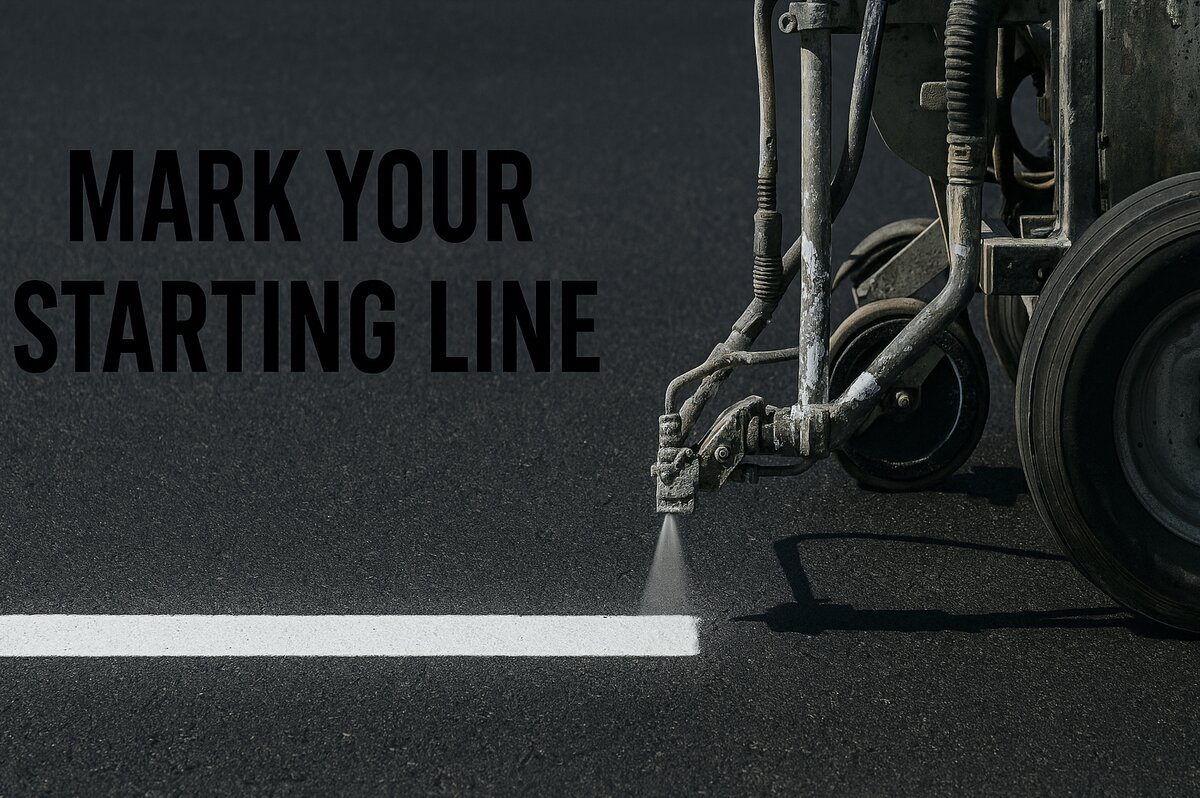Nobody wants to think about this stuff. It’s not like you’re sitting around the dinner table asking, “Hey, how long do you think I’ve got?” But here’s the thing—with hospitals closing left and right, insurance becoming increasingly complex by the day, and trying to see a doctor feeling like you need to book three months in advance, maybe it’s time we had this conversation.
Here’s what’s happening: a lot of people are simply not going to the doctor. Not because they don’t care, but because it’s expensive, time-consuming, or honestly feels overwhelming. And then those minor health issues that could have been caught early? They often become significant, costly problems later.
That’s why we made this Life Expectancy Calculator. It’s free, takes about five minutes, and provides a realistic picture of your health status. No doom and gloom—just straight talk with some helpful nudges.
Why This Matters Right Now
Americans aren’t living as long as they used to. In some places, life expectancy is going backwards. And a lot of it comes down to stuff we can control—skipping that colonoscopy, ignoring high blood pressure, never getting that weird mole checked out. Your body keeps track of all this, even when you’re not consciously aware of it.
We can’t fix the entire healthcare mess overnight, but we can help you determine what you can do right now, today, to take better care of yourself.
What People Are Telling Us
“I thought this would just make me feel bad about myself, but it actually gave me hope. I’m 53 and had no idea how much my crappy sleep and extra weight were affecting my future. I printed out the results and brought them to my doctor. Best conversation we’ve had in years.” — Darren M., Ohio
“I live out in the middle of nowhere and haven’t seen a doctor in over a year. This at least gave me somewhere to start and helped me stop worrying about every little thing. Now I know what matters.” — Cindy R., Arkansas.
“Used it just for fun in my 30s—it said I could make it to 91 if I keep doing what I’m doing. That was pretty motivating! Sent it to my parents too.” — Alex T., California.
“I’m a nurse practitioner and we actually use this with patients now. It gets people talking about their health in a way that doesn’t feel scary or judgmental.” — Dr. Lena M.
So What Happens?
The calculator asks you some basic questions about how you live, what you eat, how you sleep—that kind of stuff. Then it uses real data (the same information insurance companies use) to provide you with a personalized estimate. Plus, some friendly suggestions that might help you stay longer.
No spam emails. No fear tactics. You can use honest feedback.
You may realize you should eat more vegetables and fewer snacks from the gas station. You may discover that you’re already doing quite well. Either way, you’ll know where you stand.
Give It a Try
Seriously, what’s five minutes? And if it helps you have a better conversation with your doctor, or sleep better knowing you’re on the right track, isn’t that worth it?
Go ahead—and maybe share it with someone you care about, too. Because sometimes the best thing we can do for the people we love is help them take better care of themselves.

